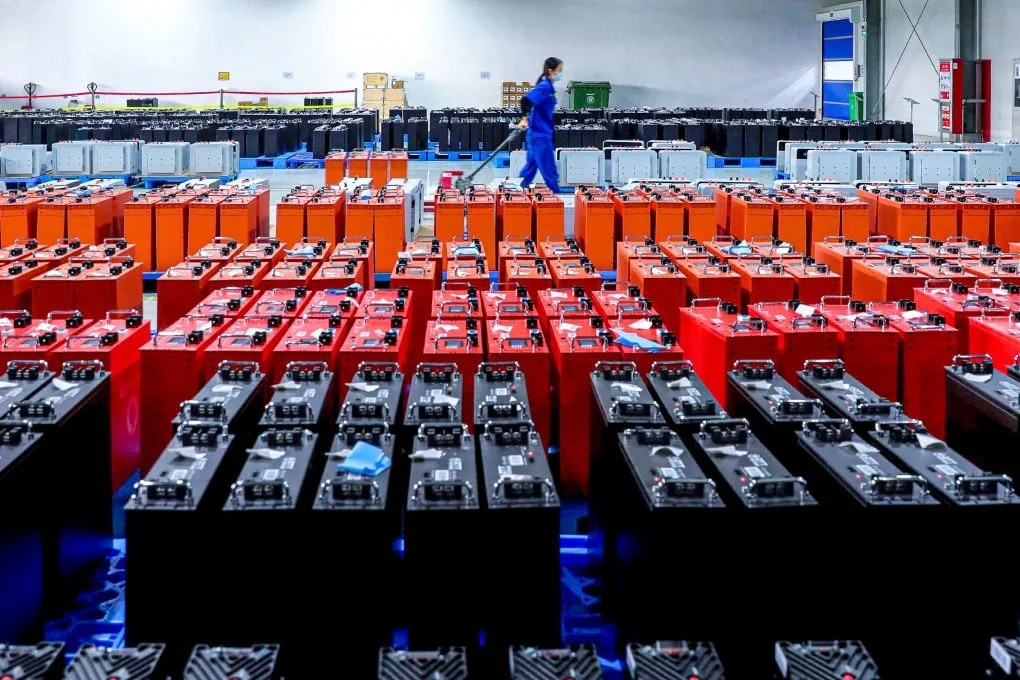 |
| Chinese Lithium-Ion Batteries |
New Tariff Policy to Significantly Impact the EV Battery Market
US President Donald Trump’s recent tariff policies will result in a substantial increase in the import tariff on batteries from China, with lithium-ion batteries facing a sharp rise to 82.4%. This change, effective April 5, 2025, is set to impact the importation of both electric vehicle (EV) and non-EV lithium-ion batteries, a move likely to affect various industries reliant on these energy storage systems.
The Impact of the 82.4% Tariff on Lithium-Ion Batteries
The new tariff structure applies a 34% reciprocal tariff on Chinese imports, pushing the total tariff on lithium-ion EV batteries to 82.4%. Non-EV batteries will face a lower, but still substantial, tariff of 64.9% until January 2026, when it will rise to 82.4%. The new rates will affect not only the electric vehicle industry but also energy storage and consumer electronics, which rely heavily on lithium-ion battery technology.
This sharp tariff increase is a part of broader trade policies aimed at countering China’s trade practices, and it will likely influence the cost of batteries across multiple sectors, leading to higher prices for consumers and manufacturers alike.
Additional Tariffs and the Section 301 Plan
The 82.4% tariff on lithium-ion batteries includes several layers of duties already in place. These include the existing 3.4% duty imposed by U.S. Customs and Border Protection, as well as two separate 10% tariffs on Chinese products implemented since Trump’s administration began. Moreover, current Section 301 tariffs on lithium-ion EV batteries are set at 25%, while non-EV batteries are taxed at 7.5%. These tariffs are part of the broader US strategy to address concerns about intellectual property and trade imbalances.
The Biden administration's plan to raise the Section 301 tariff on non-EV batteries to 25% by January 2026 reflects the long-term trade policy direction for China-US relations.













 We publish to analyze metals and the economy to ensure our progress and success in fierce competition.
We publish to analyze metals and the economy to ensure our progress and success in fierce competition.
No comments
Post a Comment